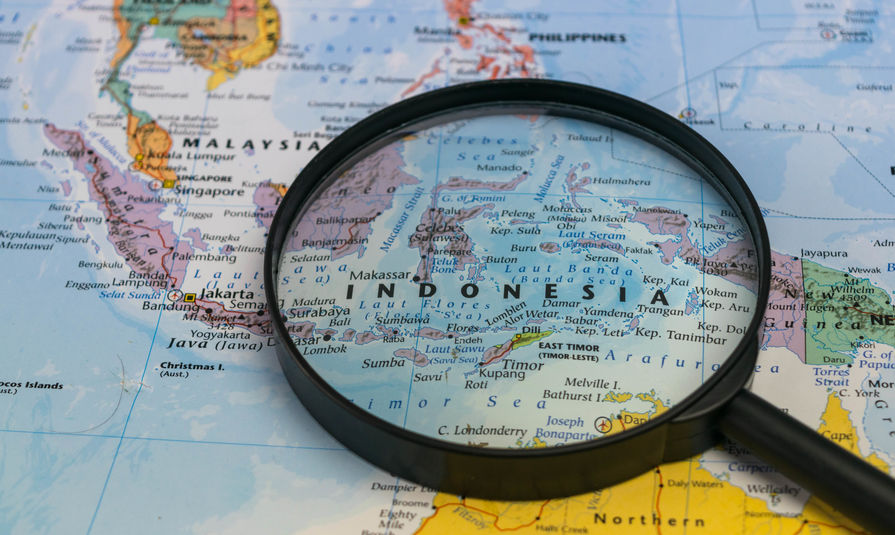Kermit the Frog once famously quipped “It’s not easy being green.” The nation of Indonesia is no doubt finding this is true — especially as it attempts to transition away from fossil fuels toward so-called green energy.
As reported in the publication Mongabay, Indonesia is currently embarking on an aggressive program to phase out its use of diesel for an alternative made from palm oil. This new biodiesel fuel, the government claims, is cleaner and will help its nation meet its greenhouse reduction goals. The problem is, naturally, it will also lead to massive deforestation and potential harm of endangered species.
To achieve its goal of going green, the government is rolling out its program in stages. Initially it intends to use only a modest amount of the biodiesel in all its blends, but over time it will seek to progressively employ higher concentrations of palm oil-derived biodiesel into its conventional diesel.
The program is currently at what is called the “B30 stage,” which means the diesel sold at the pump contains a 30% blend of palm oil-derived biodiesel. Ultimately by 2025, however, they hope to achieve a B50 (50:50) blend. But to do that, the total planted area of oil palms will have to be at least 22.7 million hectares (56 million acres) – a feat which means the nation will have to chew up and chop down a lot of forested cover.
As reported in Mongabay:
Arkian Suryadarma, a forest campaigner at Greenpeace Indonesia, said it’s highly likely the biodiesel program will lead to deforestation.
“The biodiesel program needs lands for new oil palm plantations which could lead to massive deforestation,” he said. “The biodiesel program is clearly not a solution for the country’s fiscal state and will worsen the implementation of Indonesia’s climate commitment because it is oriented toward deforestation and new land clearing in forest areas. That’s why it’s very wrong if biodiesel is categorized as a renewable energy.”
The Greens maintain Indonesia would be better served to rely on solar and wind energy to power its industry and transportation need. This alternative, the Indonesian government realizes, is completely unrealistic as wind and solar energy have failed to meaningfully meet the energy needs of rich developed nations – let alone poorer developing ones.
To read the story in its entirety in Mongabay, click here.
